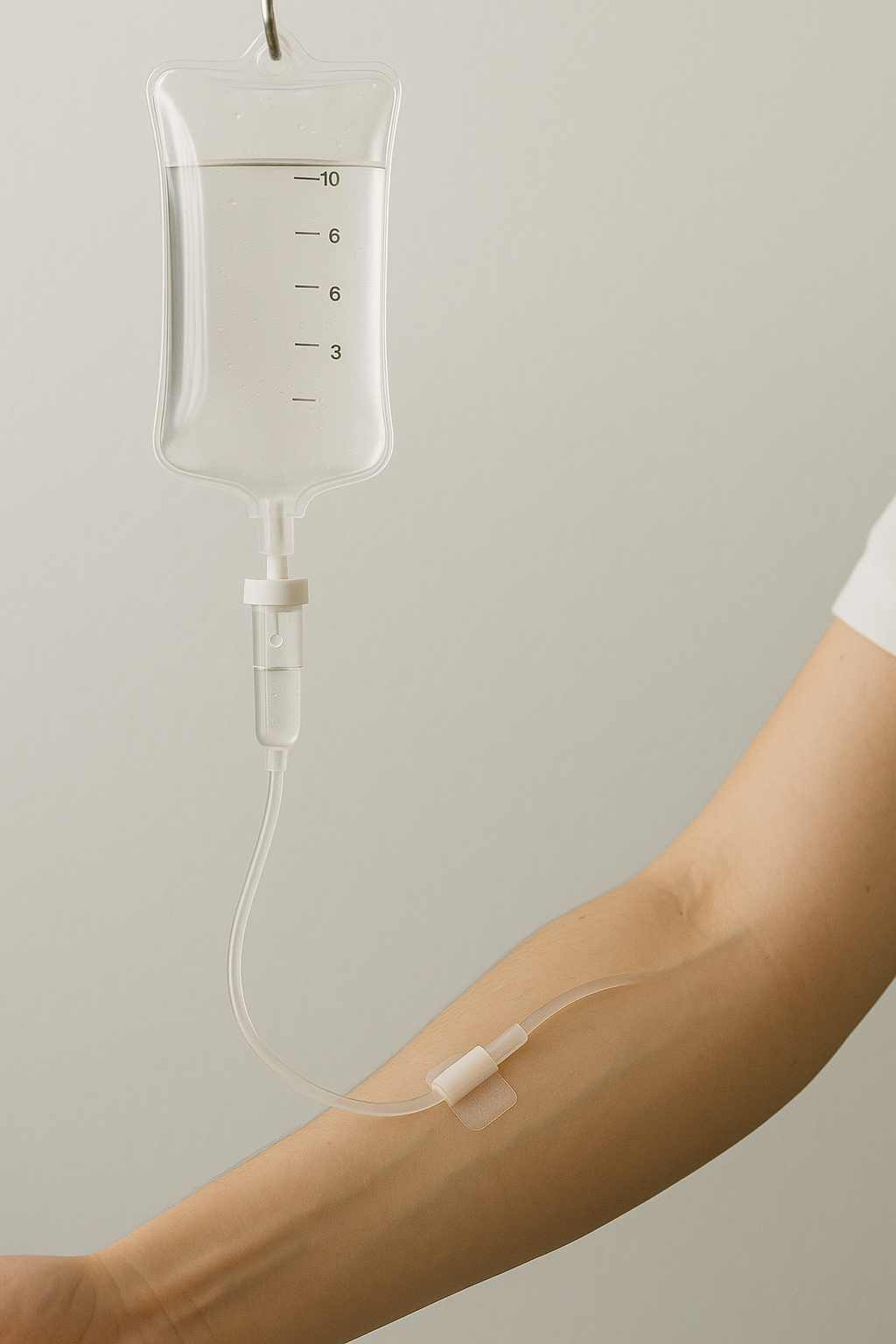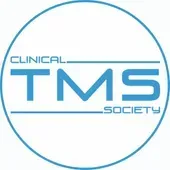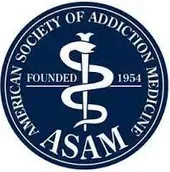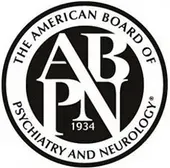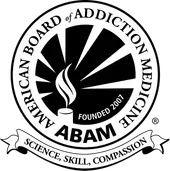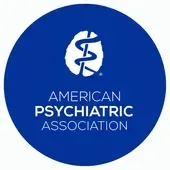What is the Difference Between OCD and Anxiety?
Wave Treatment Centers
The Difference Between OCD and Anxiety
Obsessive-compulsive disorder and anxiety disorders can both involve distressing feelings. But the difference between OCD and anxiety is distinct. Here are a few examples:
- OCD can involve compulsive behaviors. These types of behaviors are not symptomatic of anxiety disorders. People with anxiety disorders may experience severe fear or worry, but they do not feel forced to take action (other than to avoid the cause of their anxiety). People with OCD often feel pushed to engage in certain behaviors so that they can feel momentary relief.
- Some people who have OCD fear that they will harm themselves or someone they care about. People who have anxiety may worry that they will embarrass themselves or offend others, but fear of causing bodily harm is not a typical symptom of anxiety.
- Some anxiety disorders cause painful physical symptoms. OCD is not associated with this type of physical distress.
Another important difference between OCD and anxiety is the rate at which these conditions occur.
The National Institute of Mental Health reports that about 30% of adults will develop an anxiety disorder at some point in their lives. The lifetime prevalence of OCD among American adults, the NIMH notes, is about 2%.
How Do I Know if I Have OCD or Anxiety?
The best way to find out if you have OCD, an anxiety disorder, or another mental health condition is to consult with a trained professional. This person can assess your symptoms, provide you with an accurate diagnosis, and (if necessary) recommend treatment options.
The difference between OCD and anxiety isn’t always easily observable by an untrained individual. This is why it is so important not to rely on self-diagnosis. To be sure that you are getting the help you need, you must be assessed and diagnosed by a qualified healthcare provider.
Once you know for certain which type of mental health disorder you have, you will be one step closer to getting the treatment that’s right for you.
What Does an OCD Compulsion Feel Like?
Some people who have OCD have both obsessions and compulsions. Other people have only one type of symptom or the other.
Obsessions are intrusive, distressing thoughts. OCD obsessions can be sources of great shame and significant emotional pain.
What does an OCD compulsion feel like? Imagine that you feel forced to engage in a certain behavior over and over again, day after day, week after week, month after month.
Specifically, what does an OCD compulsion feel like? Here are some examples:
- Inability to leave a room unless all the lights have been switched on an off a certain number of times
- Cannot walk out of a house until you have touched certain objects in a certain order
- Repeatedly checking to make sure you have locked the door, unplugged an appliance, or performed some other safety-related task
- You must ensure that objects in your house, room, or office are arranged in a particular order
- Excessive hand-washing, even if you haven’t touched anything that would require you to do so
- You take several showers every day, even if you haven’t engaged in any activities that would typically cause a person to need to shower
- If you can’t or don’t engage in certain behaviors, you might feel that this inaction will result in something bad happening to someone you care about
To understand if you have OCD, it can be important to answer questions like What is an OCD obsession? and What does an OCD compulsion feel like? But to be certain that you have this disorder, you need to consult with a qualified mental health professional.
What Does Anxiety Feel Like?
Anxiety disorders can cause both physical and psychological symptoms. If you have developed an anxiety disorder, you may experience one or more of the following:
- You feel persistent tension in the muscles in your back and shoulders
- Frequent stomach aches, headaches, or more generalized pain
- You feel you are in danger but you can’t identify a specific threat
- Excessive worry that something bad may happen to someone you care about
- You’re afraid that you are going to be fired from your job, even though there is no indication that your position is in peril
- You have an overwhelming fear of certain situations, objects, or animals
- You cannot be in small, confined spaces; in large, open areas; or in a crowd
- When you’re in situations that trigger your symptoms, you may experience heavy perspiration, shortness of breath, racing heart rate, and the sensation of being smothered or choked
Symptoms are one difference between OCD and anxiety. The most effective type of treatment for these disorders can also differ.
How to Treat OCD?
An effective comprehensive treatment plan for obsessive-compulsive disorder often includes several types of therapy along with prescription medication.
Selective serotonin reuptake inhibitors (SSRIs) are often prescribed to people who have OCD. Examples of SSRIs include sertraline (which is sold under the trade name Zoloft) and fluvoxamine (Luvox).
Medications are typically most effective when they are used in combination with therapy. Therapy can help you develop symptom-management skills and make helpful behavioral changes. Therapy for OCD may include the following:
- Cognitive behavioral therapy (CBT)
- Dialectical behavior therapy (DBT)
- Acceptance and commitment therapy (ACT)
- Exposure therapy
Ketamine-assisted therapy can also be an effective component of treatment for OCD.
How to Treat Anxiety?
As with OCD, anxiety is also often treated with a combination of therapy and medication.
Fluoxetine, escitalopram, and paroxetine are among the medications that may be used to treat anxiety disorders. These three medications are marketed under the brand names Prozac, Lexapro, and Paxil, respectively.
The therapeutic part of anxiety treatment might include CBT, DBT, and transcranial magnetic stimulation (TMS). If you have a history of trauma, your care might also include eye movement desensitization and reprocessing (EMDR) therapy.
Treatment for anxiety can also include ketamine-assisted therapy.
Treatment for OCD and Anxiety in Philadelphia, PA
If you have been living with OCD and/or an anxiety disorder, the WAVE Treatment Centers team is here for you. Our facility in Philadelphia, Pennsylvania, is a respected source of personalized outpatient treatment for adults who have OCD and anxiety. It’s time for you to get the care you need, so you can start living the healthier life you deserve. Contact us today to learn how we can help.
The post What is the Difference Between OCD and Anxiety? appeared first on WAVE Mental Health Treatment Centers.
Schedule Your Consultation
Chestnut BLOG Form Submission




